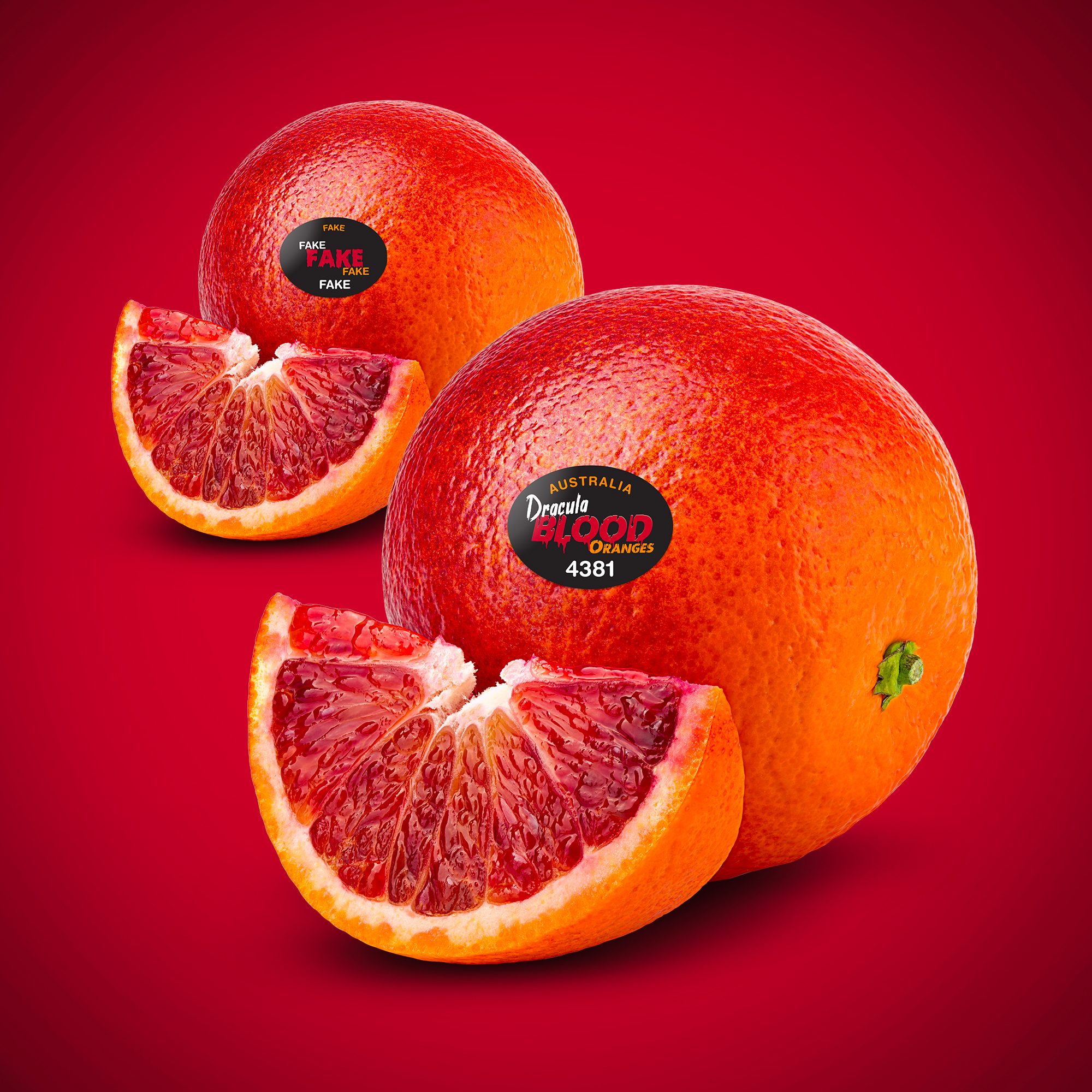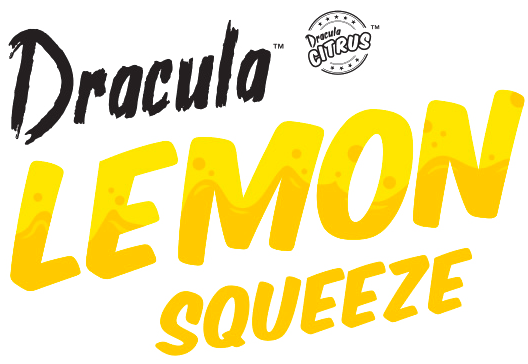Fraudulent Fruit – How Food Fraud Is Impacting the Fruit Industry
Enron, AIC, WorldComm, Bernie Madoff, Freddie Mac… These are most likely the names that come to mind when we think about fraud. But a piece of fruit? Hardly high on the list of your all-time favourite scams and scandals.
You may be surprised to know that food fraud is not only a thing; it is a scourge estimated to cost the global food industry as much as US$40Billion every year. Industry investigations show that approximately 10% of food is tainted by fraud at some point along the supply chain. We’re not talking about some random Canadian hustler trying to peddle bogus maple syrup to unsuspecting visitors from across the border. Food fraud is a worldwide problem perpetrated by savvy criminals looking to make millions at the expense of wholesalers, retailers, workers and consumers.
What is Food Fraud?
Defining the problem is the easy part. Any time the contents of a food product are not what they claim to be, fraud has occurred. That balsamic vinegar in your pantry? Quite possibly red wine vinegar mixed with molasses. The fancy truffle oil you purchased at the specialty store for the equivalent of a month’s wages? Almost certainly synthetically flavoured olive oil. And, those red snapper fillets in your freezer? Probably tilapia.
Despite stringent laws, devious operators have found numerous ways to game the system, ranging from seriously sneaky to downright dangerous. Such techniques include:
- Mislabelling: Providing false information regarding ingredients, country of origin, nutritional benefits or other features on product packaging.
- Substitution: Replacing a high-value product or ingredient with one of lower value.
- Dilution: Watering a liquid down or mixing it with a similar one of lower value.
- Unapproved Enhancement: Adding unknown ingredients to improve an inferior quality product’s look, flavour or aroma.
- Concealment: Hiding the low quality of a food product or its ingredients.
- Counterfeiting: Passing off an inferior, fake product as coming from a known, reputable brand.
- Product theft or diversion: unreported selling of excess product on the black/grey market.
Why Does Food Fraud Occur?
The answer to this question is unsurprisingly simple: Money.
If there is a way to cut corners and make more profit by passing off a low-quality product as the real deal, then unscrupulous people can always be relied upon to step in and ply their pernicious trade.
However, this does not explain why fraud is so rampant in the food trade. If the rate of fraud in the financial services or real estate industry were 10%, there would be hordes of pitchfork-wielding mobs baying for blood and more Federal inquiries than you could poke a Treasury Bond at. Yet, somehow, when it comes to food, most people shrug their shoulders and go back to sipping their $5 bottle of tap water masquerading as a pure snow melt from the artesian springs of the Himalayas.
So, what is it about food that makes it such a happy hunting ground for fraudsters? There are many factors at play, but here are some of the most important ones:
- Food is BIG business: The global food trade is valued at US$11.7 Trillion (with a “T”) per annum and is growing at a rate of 5% per year. That’s a whole lot of moolah to tap into.
- Globalisation: The increasingly global nature of the food supply chain means that the food on your plate can rack up more frequent flyer miles than a presidential candidate on the campaign trail. It is not uncommon for a food product to make as many as 15 stops across the globe on its way to the supermarket shelf. Many of those may be in countries with lax health and or quality standards. This provides an abundance of opportunities for greedy intermediaries to eke out a couple of points of extra profit by messing with the supply chain.
- Global Warming: Climate change is disrupting weather patterns across the globe, impacting crop yields and causing food shortages. Faced with a supply shortfall, the temptation is great to fill the gap and cash in on inflated prices by undercutting honest suppliers with products that are not quite what they claim to be.
- Food is emotional: Humans form uniquely powerful attachments to the food we eat. Food is inextricably tied to culture, religion, family, mood and social status. This means people will frequently pay more for a product if it hits the right emotional notes.
So, now we understand more about the factors that create a fertile environment for food fraud. However, why should we care? As long as it tastes good, right?
Why Does Food Fraud Matter?
Like all things in this murky world, pull back a layer or two, and you’ll find that things are far more complex than they seem. What’s the big deal if I pay a little less to get something that tastes more or less like maple syrup but isn’t? I just want to eat my Sunday morning pancakes!
The problem is that food fraud is most certainly not a victimless crime. Let’s take a look at who loses:
- Honest Operators: Hardworking producers trying to make a living by growing or producing high-quality, authentic food can be priced out of the market by knock-off foodstuffs. Additionally, these practices can damage brands that have taken vast amounts of time and resources to build.
- Consumers: Ultimately, the person eating or drinking the product has paid for something they did not receive. If a car dealer sold you a Ford with a Mercedes hood ornament welded on, you’d have most certainly have some choice and unrepeatable words and lawyer up. Why should we accept the same kind of behaviour in this market?
- Nutrition: Food isn’t just for our tastebuds. Tampering with what goes into people’s mouths alters the nutritional profile of the item in question. People with food sensitivities, allergies, or deficiencies can have their health significantly impacted.
- Workers: Employees lose their jobs when companies are sidelined or pushed out of the market altogether by competition from fake food. Many of these operators are in developing countries, and their exploited workers toil under atrocious conditions for appalling wages. Whichever way you look at it, workers lose out.
Food Fraud In the Fruit Industry
Why is a citrus company getting so fired up about phony food? Fruit is certainly not immune when it comes to fraud. Connoisseurs the world over prize Australian fruit for its superior quality and flavour. Mislabelling inferior products from elsewhere as “Australian Grown” not only dupes consumers but directly hits the hip pockets of everyone in the domestic supply chain.
Another reason why Australian produce enjoys such a stellar reputation is our world-leading reliability, quality control and OH&S standards. With the increasing incidence of public health crises due to illegal additives or food-borne pathogens, the ability to trace produce back to the place of origin has never been more critical.
What Are We Doing About Food Fraud in the Australian Fruit Industry?
A problem of this magnitude and complexity requires sophisticated solutions. Fortunately, help is at hand.
The key is traceability. Technology is helping to reassure local and international foodies that the product that reaches their fridge or table is what it claims to be. This is not always a straightforward process. That’s why a range of innovations are emerging to secure the supply chain and protect producers, sellers and consumers:
- Smart Packaging: Incorporating tracing elements into packaging is the first step in monitoring the product at every step of the journey. Bar codes have been in use for some time. However, QR codes offer a far superior level of security and are now widely accepted everywhere in the world (thanks, COVID!). More recently, packaging that includes RFID tags for wireless identification added yet another layer that is helping us to stay one step ahead of the bad guys. The same technology can also include temperature or chemical sensors to help companies ensure the freshness and safety of the product.
- Traceability Software: The next step is powerful supply chain software that tracks this information at every stage. The most advanced software systems integrate with smart appliances and IoT technology to allow timely and accurate monitoring.
- Blockchain: We’re all familiar with Blockchain technology in the Cryptocurrency space. However, it can also contribute to traceability in the food industry. Blockchain applies a unique cryptographic signature to each unit, then records each movement and adds a “block” to the chain of transaction records as the product progresses through each stage of manufacture and transport. Everything is recorded in a secure database where the encrypted data can be shared, analysed and traced.
- Isotope Testing: The phrase “you are what you eat” also applies to fruit! It’s no secret that plants derive their nutrition from the soil. Well, it turns out that no two soils are alike, and every region’s soil has a unique chemical and nutrient profile that absorbs into the fruit. Isotopic testing will allow us to accurately identify the place of origin of any piece of fruit and weed out any imposters.
We like to think we’re a pretty tech-savvy bunch here at Dracula Citrus™, which is why we’re proud to be involved in trials of some of these incredible technologies. Together with other stakeholders in our industry, the future is looking bright for consumers.
So, if you’re one of those people hatching devious plans to engage in food fraud, Perhaps you’d better think twice.
You don’t really want to mess with an angry vampire, now, do you?








